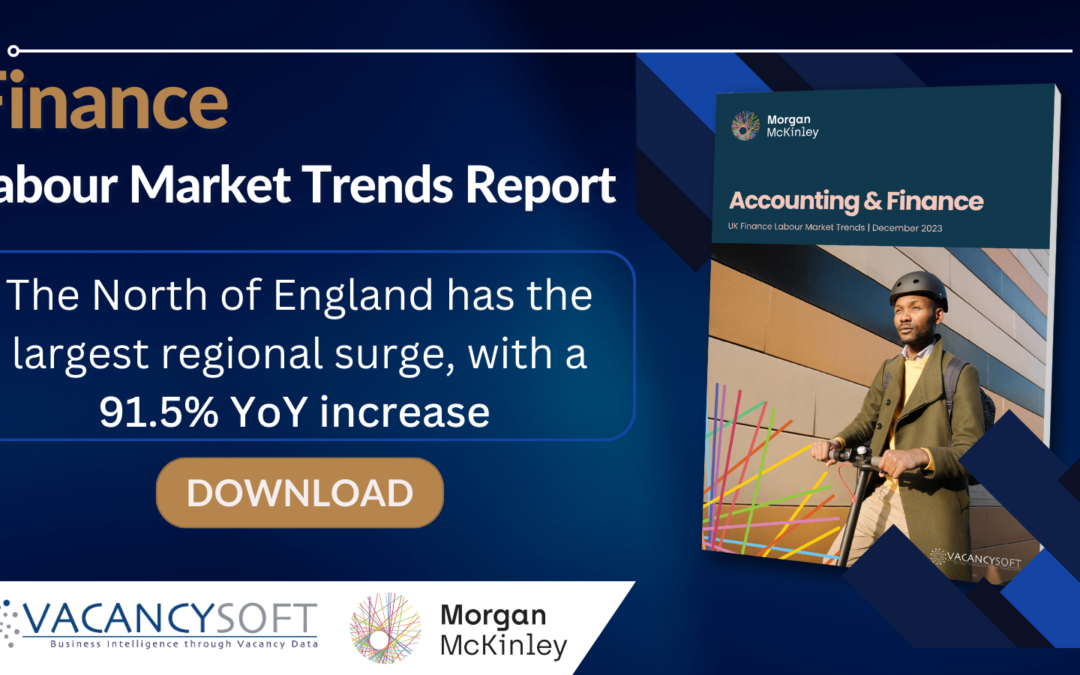
How is the insurance industry faring in the London market amid the recent global and local changes? Which roles among insurance professionals are the most in-demand? What are the busiest sectors and firms? Download our new insurance report to find out.
Produced and researched by recruitment industry data analysts Vacancysoft, this report examines the labour market trends in the insurance industry relevant to the London region. It compares the monthly and annual hiring levels across three years, observes the performance within the professional areas and roles, examines the number of vacancies by sector, and spotlights the hiring activity of top insurance firms.
To discover more insights and trends for the UK’s insurance labour market, download our report now.
Latest reports

Year in Review: UK Regional Labour Market Trends, January 2024
In a sign of the times, industrial engineering, which encompasses aerospace and defence, has proven to be the top performing industry this past year, up 21% on 2022. At the same time the impact of quantitative tightening on the London market has been felt heavily across both finance and technology. As a result, vacancies in the capital are down 40% on the prior year.

Accounting & Finance – UK Finance Labour Market Trends Report, December 2023
2023 has seen a significant drop in accounting vacancies across financial services and commerce & industry. March marked the year’s peak in financial services with 532 vacancies, a 31% decrease from 2022, and the only increase was a 12% rise in November, according to the latest UK Finance Labour Market Trends report by Morgan McKinley and market data analysts Vacancysoft.

London – UK Regional Labour Market Trends, December 2023
Despite a 39% decrease in recruitment patterns in London in 2023 compared to the previous year, the city maintains a pivotal position in professional opportunities, expected to contribute 34% of the UK’s vacancies, emphasizing its crucial role in the national job market. This is according to the latest UK National Labour Market Trends report by APSCo and labour market data analysts Vacancysoft.


